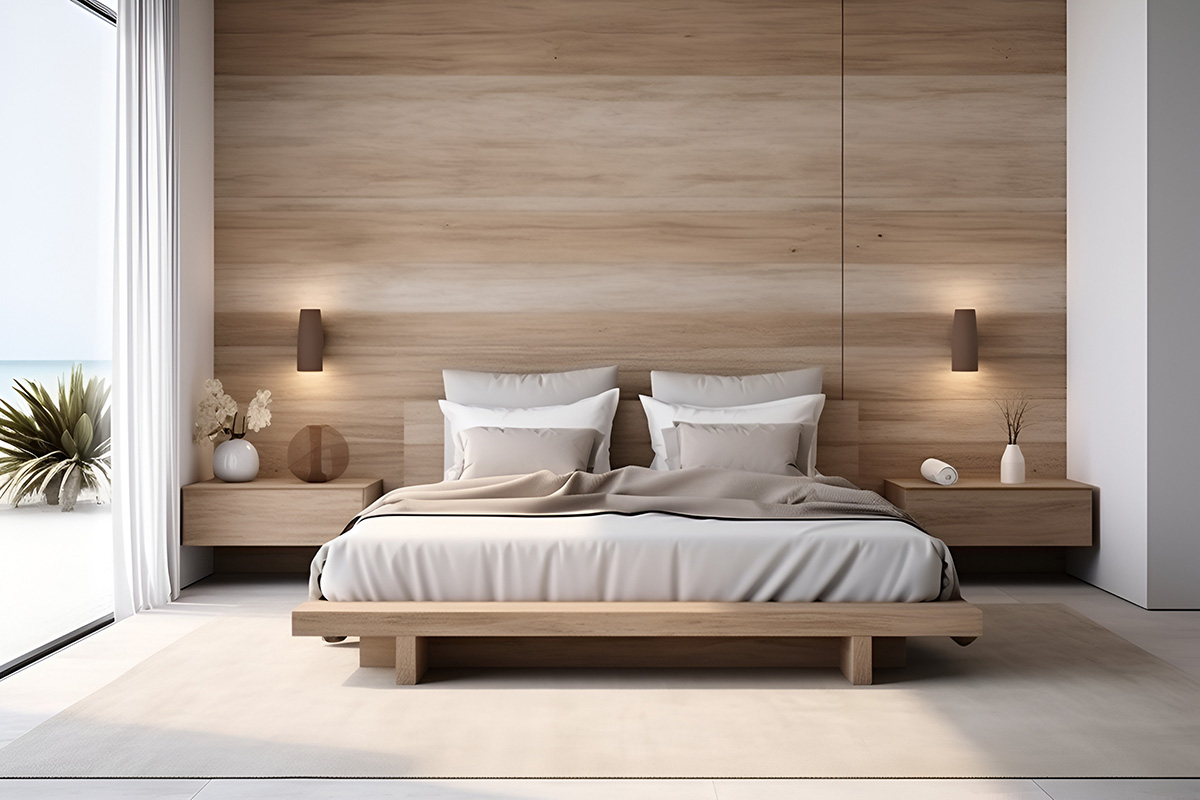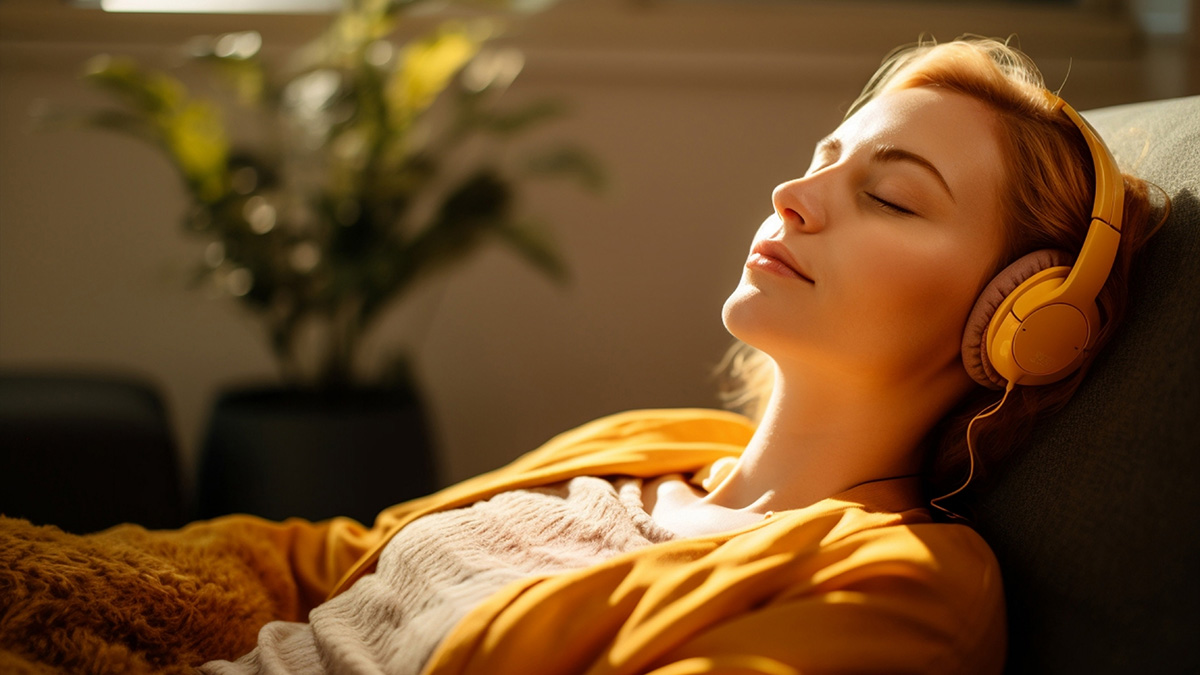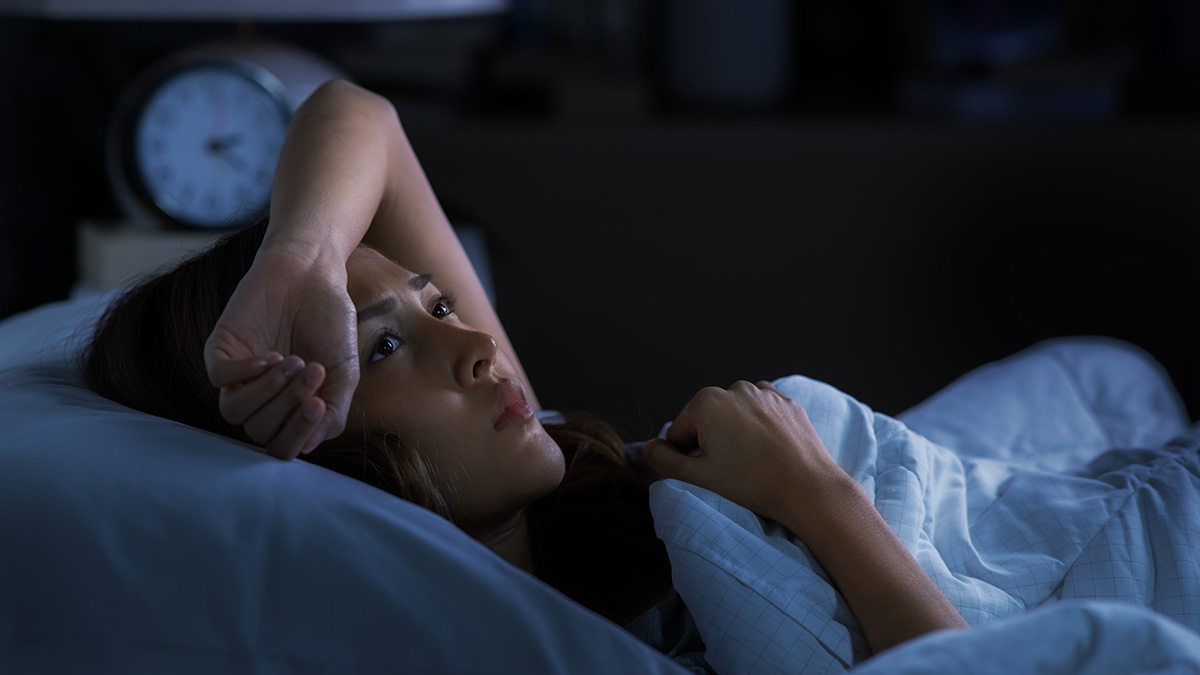What Are ‘Sleepcations’ and Should You Consider Taking One?

Whether it’s the challenges of parenting, the allure of squeezing in another Netflix episode, or simply stress and anxiety that keeps us awake at night, there are many reasons why we find ourselves living in a constant state of sleep debt. Statistics suggest that a staggering 1 in 3 adults are estimated to miss out on sufficient sleep, leaving us feeling fatigued, irritable, and groggy the next day.
While the occasional poor night’s sleep isn’t typically cause for concern, experts caution that chronic, long-term sleep issues are more serious, increasing the risk of health issues like hypertension, diabetes, obesity, depression, heart attack, and stroke.
That’s where a rising travel trend called Sleep Tourism comes in. This new type of wellness break could help you catch up on missed sleep, establish better nighttime habits, and quit your three-cups-a-day coffee habit. Here’s what you need to know…

What is sleep tourism?
From non-stop city breaks to boozy week-long getaways, it’s not uncommon to return from a holiday feeling exhausted and in need of yet another break to recover. Sleep Tourism offers a different perspective; it’s a form of travel focused exclusively on sleep and rejuvenation, allowing you to return home feeling fully recharged.
These breaks, often referred to as ‘sleepcations’, allow guests to sink into bed and snooze for as long as they like. Unlike typical wellness retreats, there’s no rigid breakfast schedule, no jarring sunrise yoga sessions, and no activities that further exacerbate jet lag and burnout.
According to Condé Nast Traveler, sleep tourism is a growing travel trend predicted to dominate the industry over the next year, as health-conscious tourists seek to maintain a sense of peace and wellbeing while on the move.
What does a sleepcation involve?
Sleepcations can take many forms, from Wi-Fi-free sleep retreats tucked away in off-grid locations to luxury hotels that offer sleep packages to take your stay to the next level.
Take, for instance, the Belmond Cadogan Hotel in London, where guests can summon a ‘Sleep Concierge’ — a 24/7 service dedicated to optimising your sleep environment for a better night’s rest. This uber-luxe service includes a recorded meditation by Harley Street hypnotherapist and sleep expert Malminder Gill, a curated ‘pillow menu’, a weighted blanket, deep sleep pillow mists, and a selection of bedtime teas designed to gently guide guests into a state of peaceful slumber.
There are also more ‘hardcore’ options that involve data tracking and analysis. Six Senses in Ibiza, for example, has a retreat with sleep doctor Michael J. Breus, featuring a two-day regimen of sleep tracking and screening. The hotel’s in-house sleep team then write up recommendations for lifestyle adjustments based on your sleep data, alongside a programme of daily yoga nidra, meditation, cryotherapy, and low-intensity training to enhance the quality of your snooze.
Similarly, the Grand Resort Bad Ragaz in Switzerland has a ‘sleep diagnostics’ program that includes medical check-ups and a thorough ‘sleep investigation.’ Using video-polysomnography, experts diagnose any disturbances you may have during your stay and provide specific recommendations based on those results.
That said, this particular wellness trend doesn’t need lots of expensive bells and whistles to be effective. Many tourists are now creating their own DIY sleepcations, choosing remote locations with limited Wi-Fi where they can unplug, de-stress and establish a better sleep routine.

Do sleepcations actually work?
In his groundbreaking book, ‘Why We Sleep: Unlocking the Power of Sleep and Dreams,’ scientist Matthew Walker describes a good night’s sleep as “The best bridge between despair and hope.” If you’ve ever experienced the glorious feeling of waking up refreshed from a weekend lie-in after a run of bad sleep, you’ll know exactly what he’s talking about.
But, beyond feeling great, does a period of ‘sleep bingeing’ offer any long-term benefits? “While scientific research on sleepcations might be limited, getting away from your daily stressors and encountering a relaxing and ideal sleep environment can be a great opportunity to overcome a period of poor sleep quality or difficulties with sleep,” says Ana Brito, sleep physiologist and co-founder of Somnissimo.
“This is because a change in surroundings, especially one set up for relaxation, can lead to better sleep quality.
“Quite often, as part of a cognitive behavioural therapy for insomnia (CBTI) program, I request my clients to change their environment for a few days to challenge their sleep resilience,” she continues.
“The aim of therapies such as CBTI is to equip people facing insomnia not only how to overcome it but also how to manage their rest in a different environment, different routine, and experiences. Undergoing a sleepcation can be an option for exploring this type of exposure therapy.”
For people with irregular sleep patterns due to work or other commitments, Brito believes that taking a sleepcation with a regular bedtime can help reset things too, which can set you on track for better sleep in the weeks and months following. “If you have a busy or stressful routine, taking a break from daily responsibilities can also help to relieve mental health issues like depression and anxiety,” she adds, “which we know is closely linked to sleep quality.”
Another major benefit? “This type of health-focussed holiday tends to educate people about the contributors to poor sleep in their daily routine and their sleep environment. This can help them to make healthy lifestyle changes that can have all the difference when it comes to long-term sleep at home.”
Overall, Brito believes that sleepcations can be a useful tool, although she notes that the effectiveness of a sleep reset can vary from person to person. “Some people might benefit significantly, while others might require more specialised interventions for sleep-related issues.”
Finally, if you’re dealing with a chronic sleep problem like insomnia, she recommends consulting your GP. While a holiday can certainly provide short-term relief, your doctor can delve into your sleep concerns, offering recommendations for additional treatment options to alleviate the severity of your symptoms.


















